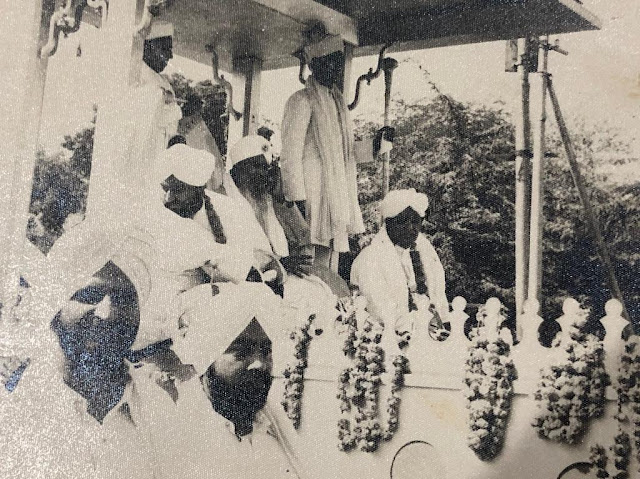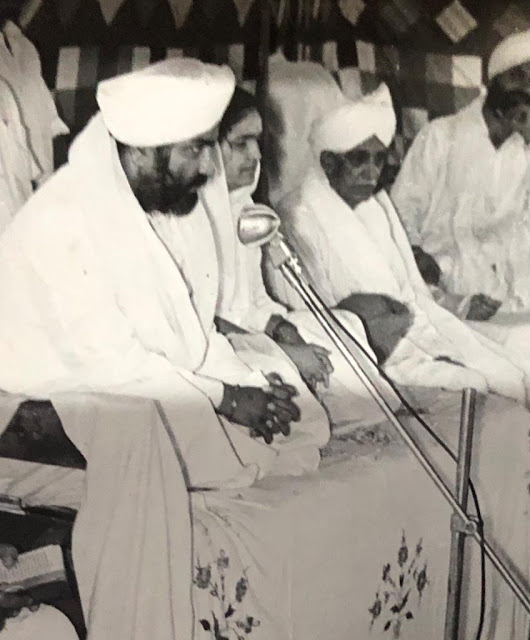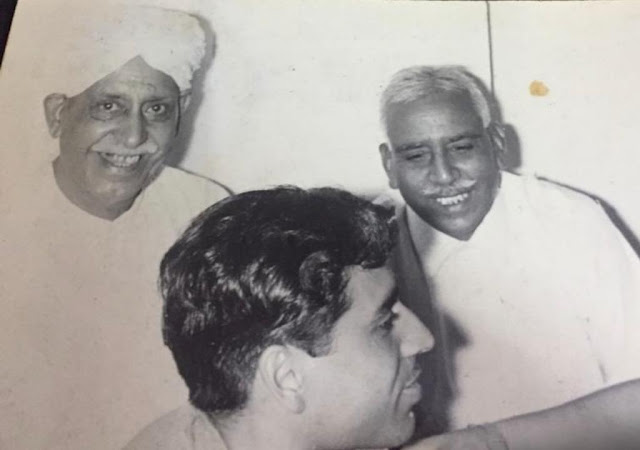In the Mahabharata, there is a story of a robber named Kaayavya.
Because of the unfavorable circumstances, he became a robber.
But he was a gentle and kind robber.
He never terrorized a poor, old or weak person and never took from anyone all they had.
After keeping very little, just enough for his own and his family’s survival, he always distributed his ‘prize’ among the poor and needy people and those who came to him seeking help.
There were many other robbers also in the area who were very cruel.
They would not even hesitate to kill.
When Kaayavya became old, he retired from his profession of robbery and started living a life of discipline and Dharma.
One day, all the robbers from the surrounding areas gathered together and unanimously decided to choose Kaayavya as their leader.
They went to him and said, we want you to become our leader and guide. You know the area well. You are also very wise. You know the right places and appropriate times when people are more vulnerable.
Please become our leader and guide us as parents would guide their children.
“Very well,” Kaayavya said.
“But only if you promise to follow certain rules.”
“We will obey all your commands without question.
Please tell us the ‘rules’ you want us to follow”, they asked.
Then, as their leader, Kaayavya told those robbers these Rules - these ‘commandments’ written in the verses 135:13 through 135:22 of the ‘Shanti-Parva’ of Mahabharata.
1. You shall never kill a woman, a child, a feeble, or an ascetic.
2. You shall never kill anyone who is unarmed and not in combat with you.
3. You shall never hold a woman by force.
4. You shall not kill or violate a woman.
5. You shall look to the welfare of poor and noble, especially of those who are devoted to learning. If necessary, you shall even fight for their sake.
6. You shall not destroy a harvest in the fields.
7. You shall never obstruct a marriage ceremony nor create trouble where the gods, elders, and guests are respected.
8. You shall not use any force if they are willing to give you something voluntarily.
9. You shall always remember that the force may be used only against the wicked - Not against those who are old and frail - or those who are courteous to you.
10. You shall never deprive the others of all of their possessions. That is considered a low act even among the robbers.
He further added, by following the Dharma (ethics) and watching their conduct towards others, even a robber can acquire a higher state of being.
On hearing this, they said, To that, we give you our pledge.
Later, by following all these rules, all of them gradually gave up the violence and robbery altogether and became ‘Saadhu’ *(noble).
Kaayavya did not give them long lectures on the topics of ‘non-violence’ or ‘robbery is bad’ etc.
Instead, he used a different approach altogether to show them a better way of life.
Note:
Shanti-Parva (Book of Peace) is the 12th of the 18 books of the Mahabharata and has 366 chapters.
* The literal meaning of Saadhu in Sanskrit is Noble.
It is also used for saying ‘Shabaash’; very good or Well-done.
' Rajan Sachdeva '



















